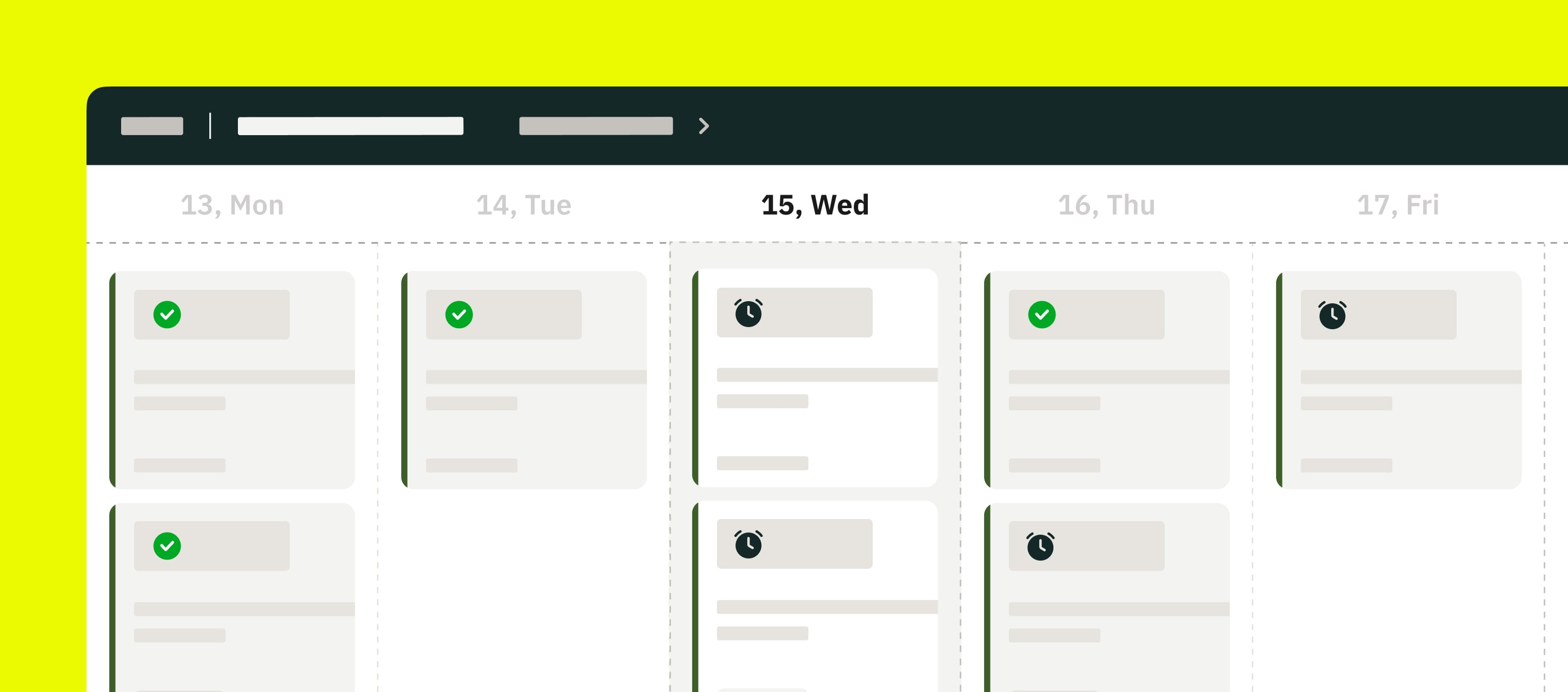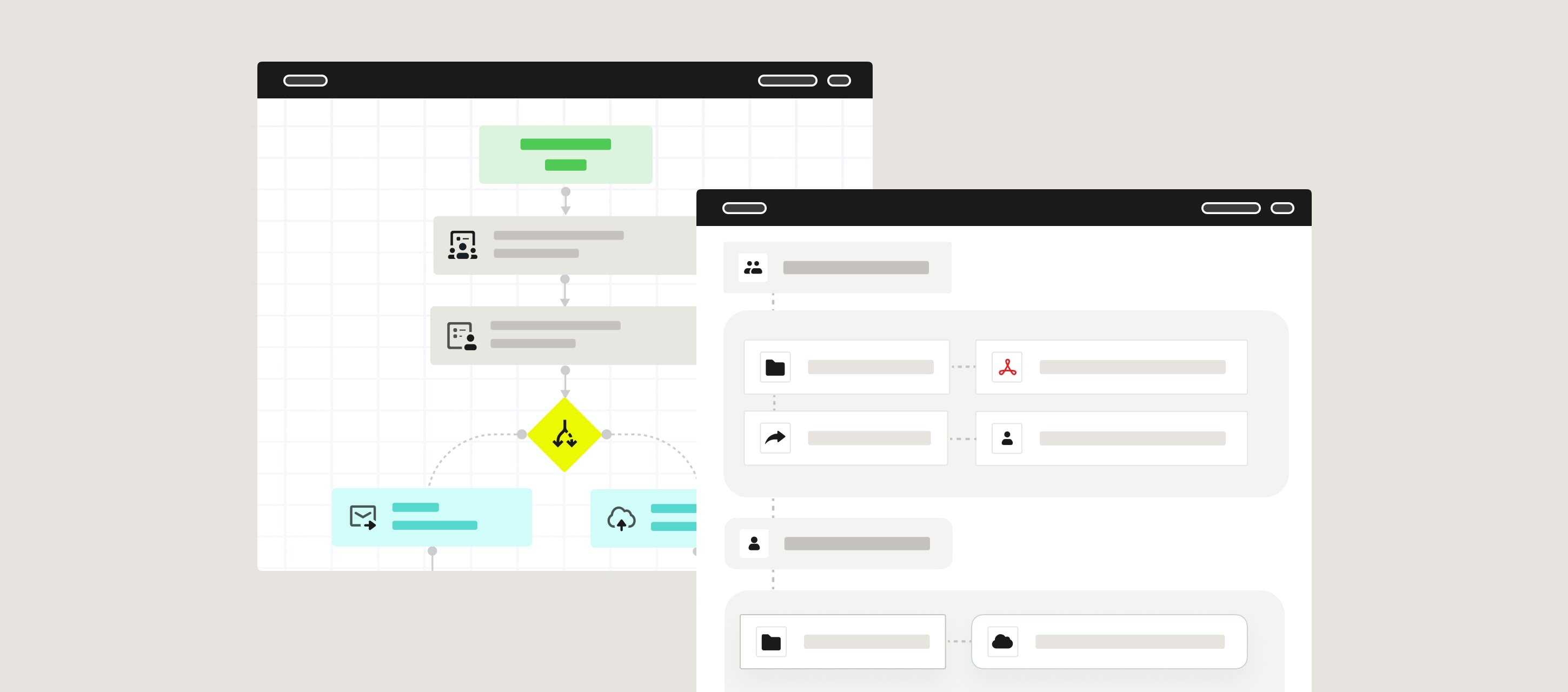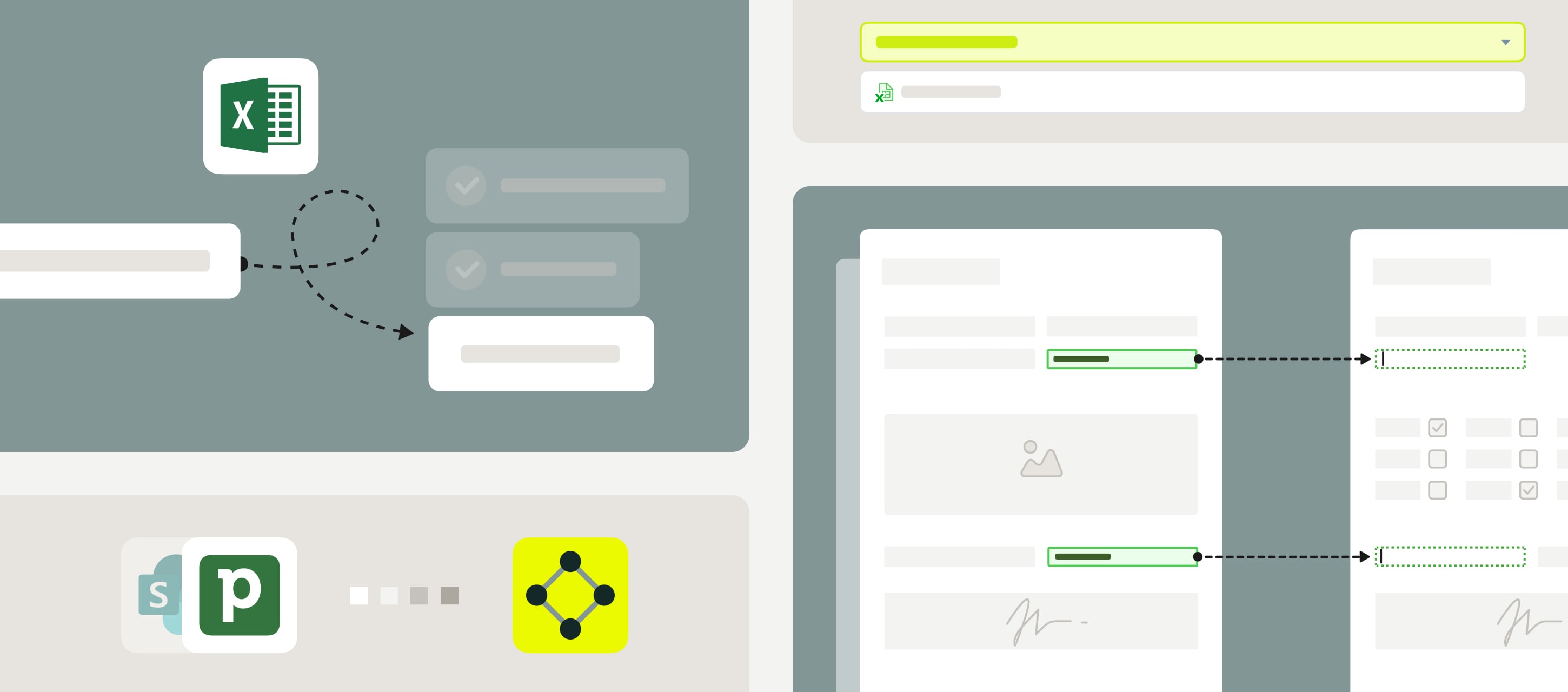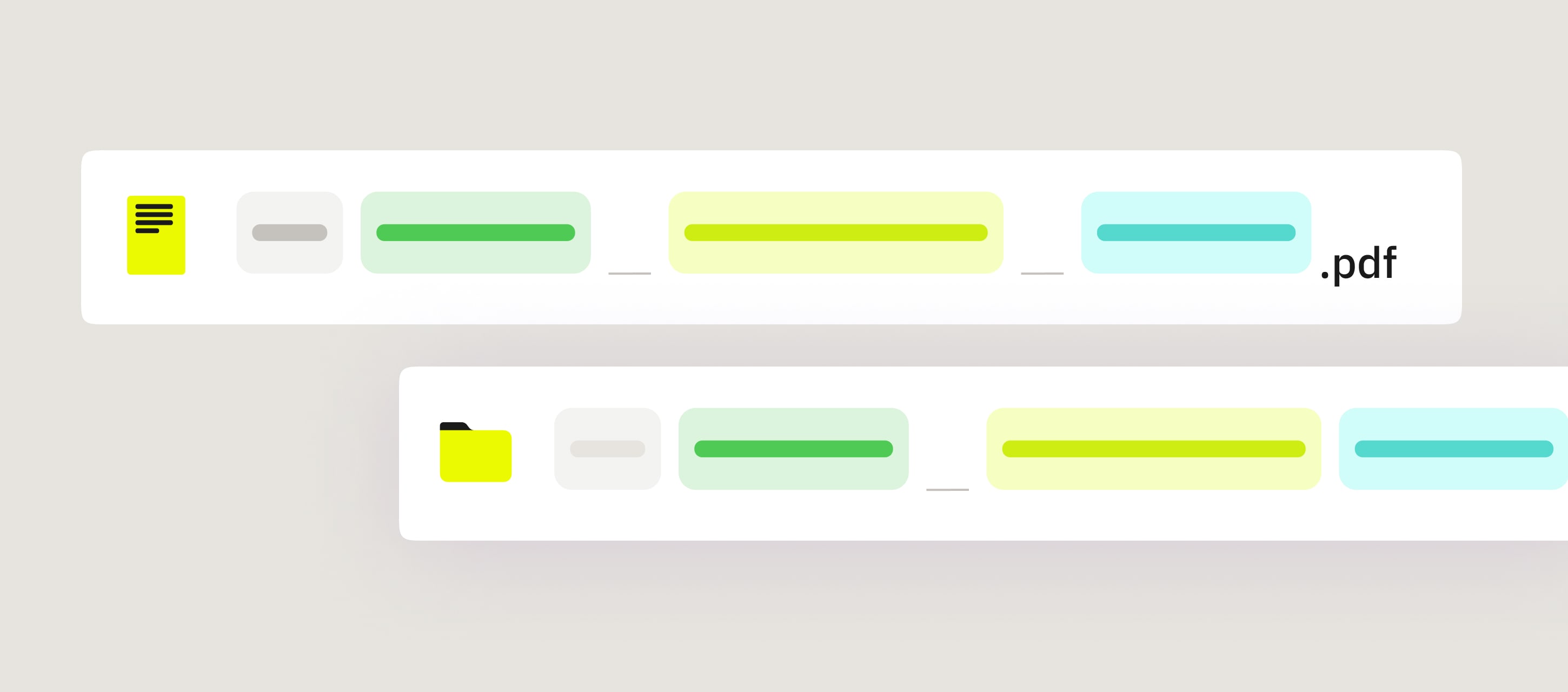If you’re into field service management, you know the pain of missed inspections and overdue maintenance.
That’s what manual scheduling leaves you with. And the consequences can be brutal: stressed out teams, rushed fixes, delayed work, and lost productivity.
To help, Fluix brings you automated field service scheduling – built specifically for teams that work in the field, not behind a desk.
Contents:
Field Service Scheduling and Dispatch, Simplified for You
Sure, you’ve scheduled maintenance tasks and work orders before. But have you ever set them once and never touched them again?
Fluix Scheduling lets you set up your routine task assignments so they run on their own.
Instead of assigning the same task again and again, you build the workflow once and let it go. And unless something in your process changes, you don’t need to touch it again.
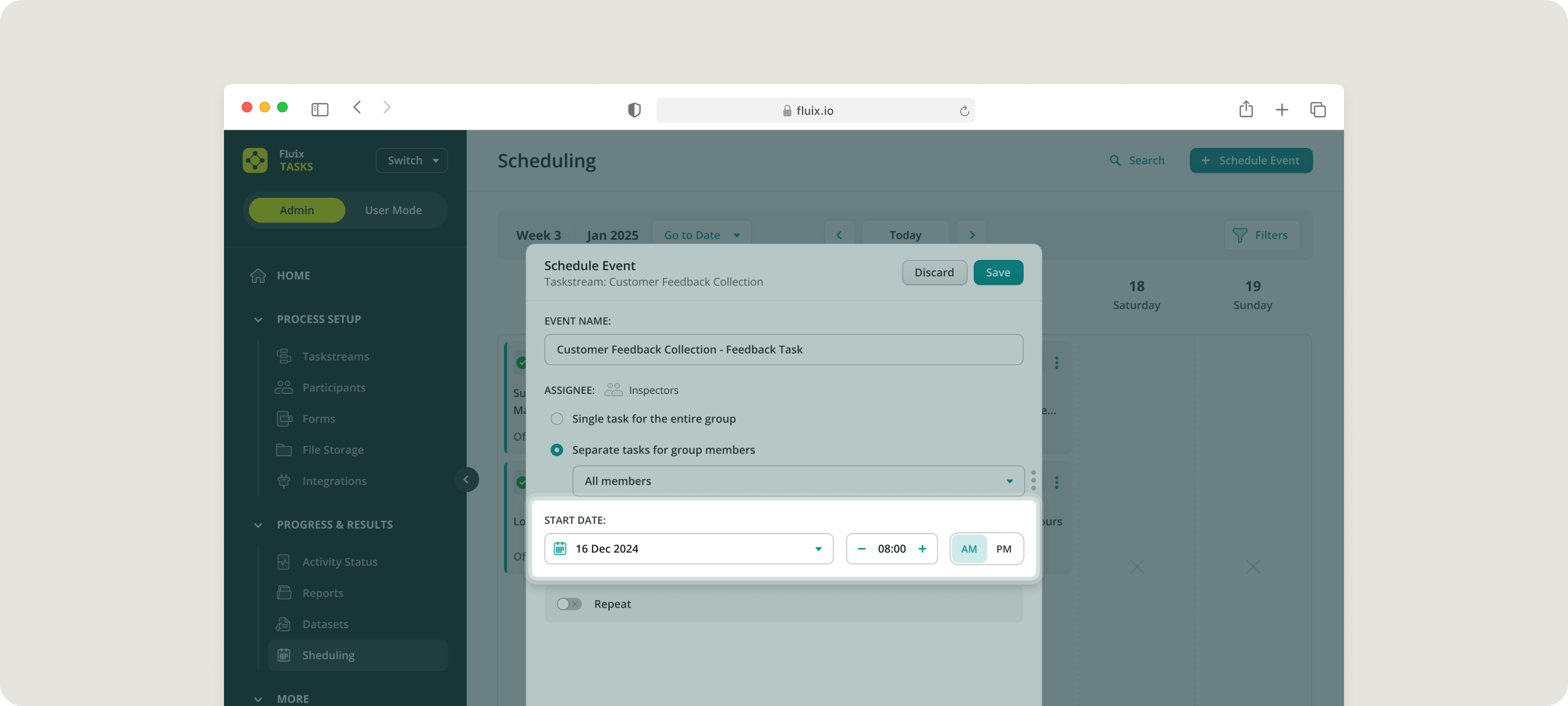
Olga Zahkarova, Fluix Product Manager, highlights a complementary feature worth knowing about:
“We added a planner too, so you can see all your scheduled tasks clearly laid out. It gives you a simple calendar view of what’s coming up and when.”
Why You’ll Love It: 5 Field-Tested Benefits
There’re many good things about scheduling. But here’s what people tell us they love most about it:
- No more missed deadlines. With tasks delivered right on time (and well-timed reminders), nothing slips through the cracks.
- Less manual work. No more weekly repeats or daily task shuffles.
- Clear, visual task views. The field service scheduling calendar gives everyone a full view of who’s doing what – and when.
- Smarter task matching. Assign tasks based on your team’s location, skills, or certifications – like sending inspections to certified service technicians only.
- Always stay compliant. With safety and audit tasks running automatically, your compliance boxes get ticked on time.
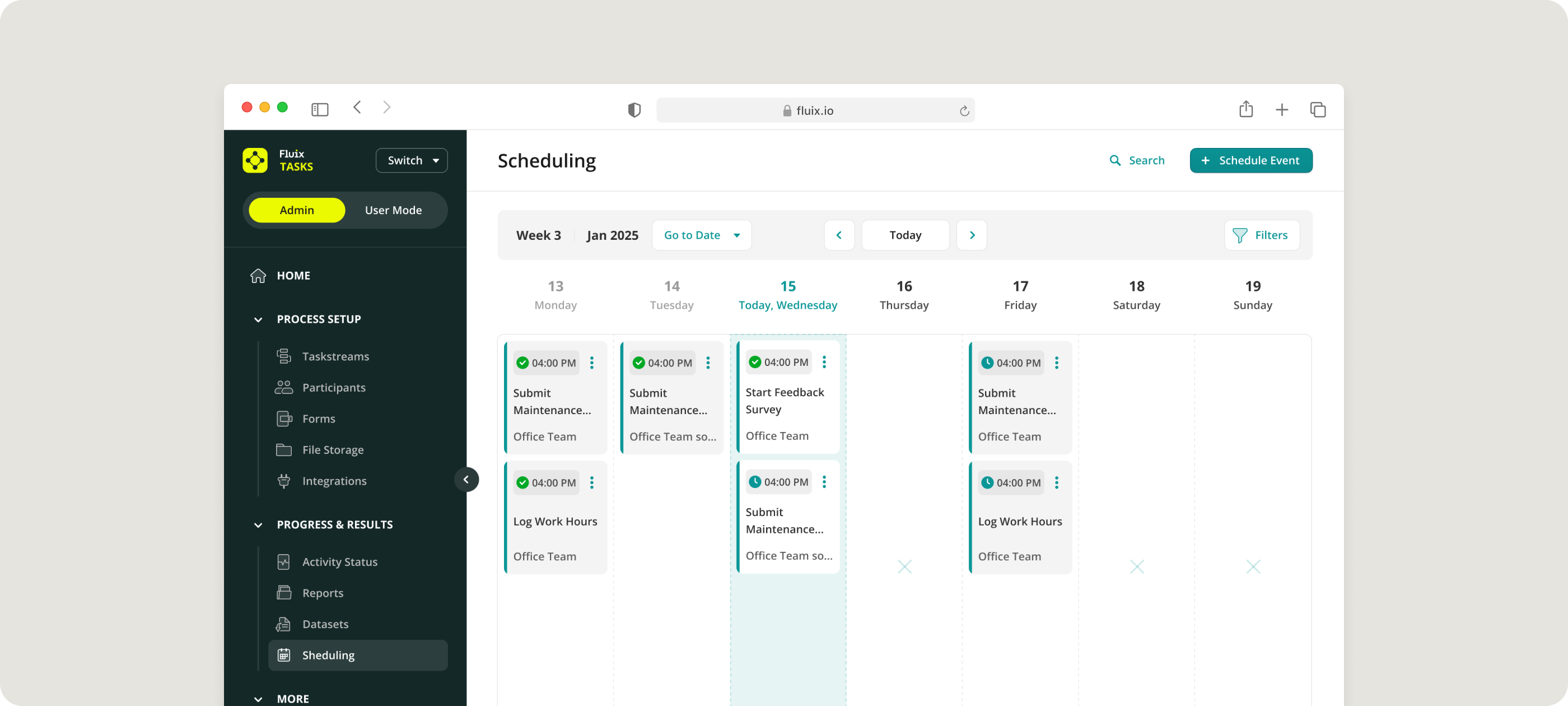
How Other Teams Are Automating
We always say to our customers – If the same tasks keep coming up, they’re probably worth automating. The same applies to scheduling.
Here’s how facility managers across industries are already doing it:
| Industry | Tasks |
|---|---|
| Energy & Utilities | Daily safety checks, preventive maintenance, work order management, regulatory audits |
| Aviation | Aircraft inspections, compliance audits, change management, ship maintenance |
| Property Management and Renovation | Tool checks, project tracking, quarterly walkthroughs |
| Health and Safety (Field Services) | Safety audits, maintenance, duty scheduling |
| Logistics and Transportation | Vehicle inspections, inventory management, driver license tracking, delivery planning |
Pro Tip Pro Tip Combine scheduled tasks with live dashboards to track what’s completed and who’s responsible
How to Set Up Scheduling in Fluix
If you’ve built a workflow in Fluix before, adding scheduling is simple. You just turn it on, choose who gets the task, and how often it repeats.
It takes a few minutes to set up – and saves hours of follow-up later. Here’s a quick overview.
- Create your workflow and enable the scheduled feature.
- Choose who receives the task.
- Set the start date and how often it repeats.
- Add the workflow steps.
- Hit publish.
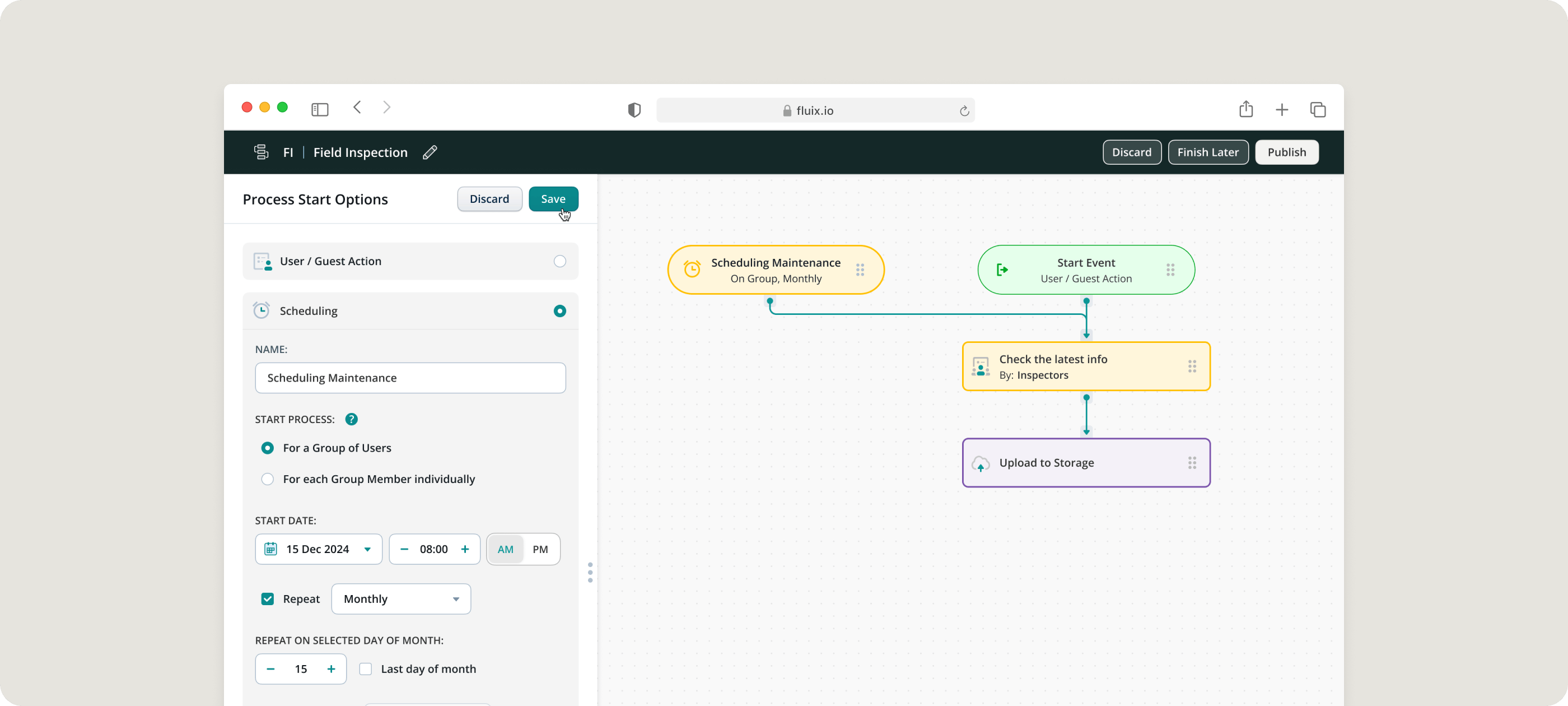
You’re all set to go! For more detailed steps, follow this in-depth guide on how to set up scheduling in Fluix.
Best Practices to Do It the Right Way
Want to make it all work seamless from day one? We want it for you too.
That’s why Kate Lavrinenko, Fluix Customer Services Operations Manager, has shared some great tips on how to get the most out of the feature.
- Communicate the change clearly. If tasks used to sit in the group inbox for anyone to grab whenever, but now only appear on the day they’re assigned, give everyone a heads-up. A small change in timing can throw people off if they don’t see it coming.
- Create descriptive task names. A vague task name like Inspection or Checklist doesn’t tell anyone what they need to do. Instead, use names like Weekly Safety Inspection, Site A or Monthly HVAC Maintenance, Building 3 so tasks are quick to grasp.
- Consider time zones for global teams. If your team works across different regions, make sure tasks go out in their local time zones. A task assigned at 11 AM in New York lands at 3 PM in London and the next day in Sydney. If a task shows up at the wrong time, there’s a chance it’ll be missed.
- Configure alerts for tasks. Schedule extra notifications to go out a bit before deadlines hit to give your people an extra nudge to act. And if the task isn’t completed on time, Fluix can send a follow-up notification or pass it on to someone else.
- Monitor progress with Fluix Activity Status. Use the Fluix live dashboard to track how scheduled tasks are really going. You’ll see what’s been done, what’s running late, and where they tend to slow down.
- Check the calendar planner for visibility. The Fluix calendar planner gives you and your team a visual layout of what’s scheduled and when. Not just for the day, but for the week, the month, and even the whole year. You can use it to assess your team’s workload and save them from being double booked.
Work Smarter in the Field, Without the Hassle
In the field, timing is everything. Safety checks, maintenance rounds, inspections – they all need to happen on schedule.
That’s where Fluix automated scheduling comes in. It takes the routine, repeatable tasks off your plate so you can focus on the work that actually moves the job forward. Set it once, and tasks go out when and where they need to – no reminders, no missed steps.
Because in field service, you don’t just need a plan. You need one that runs itself.

